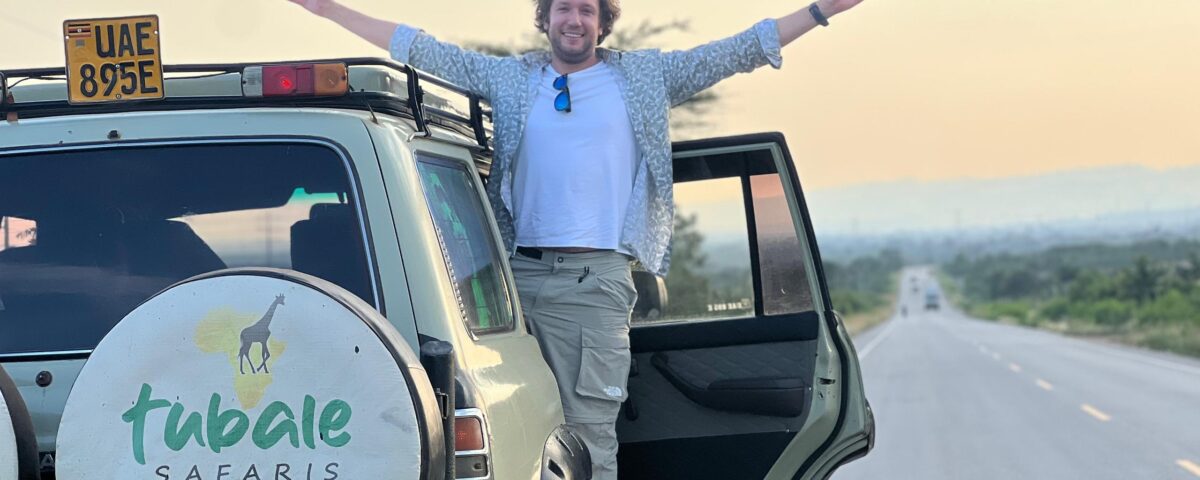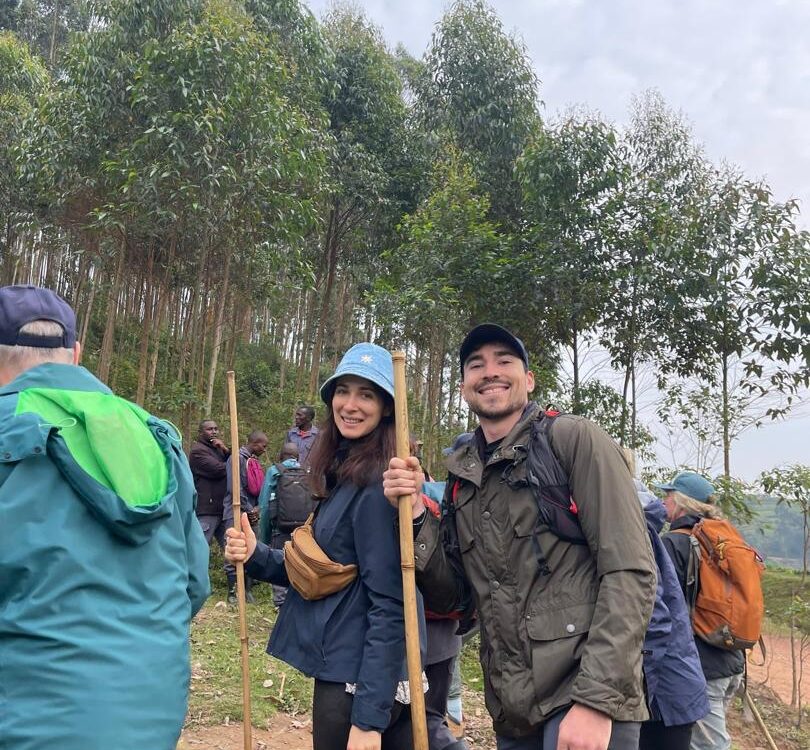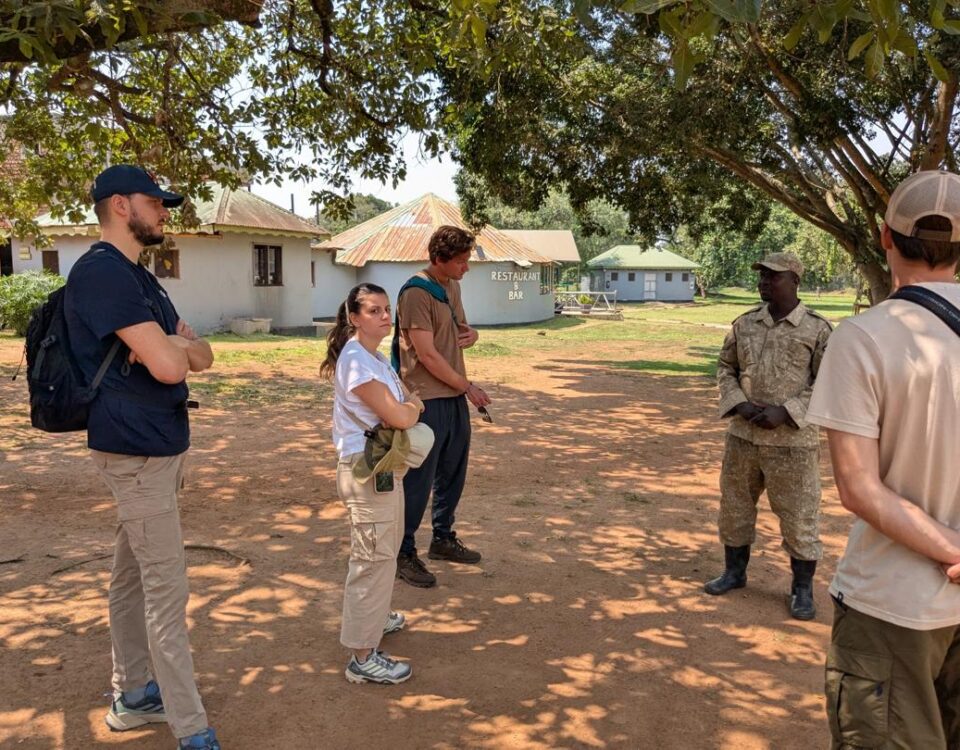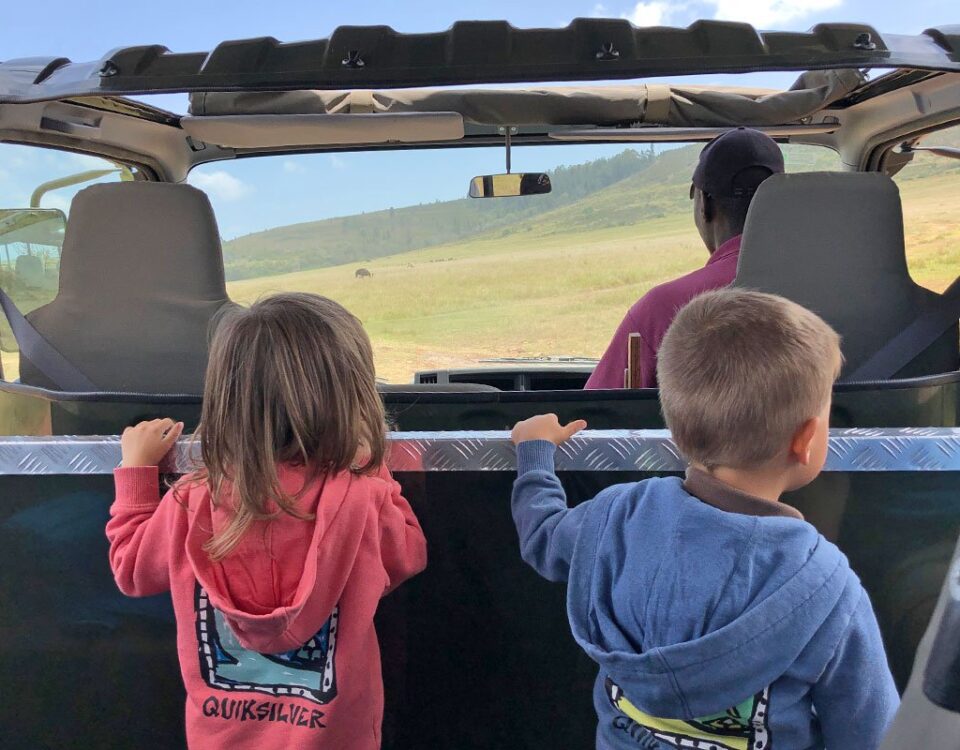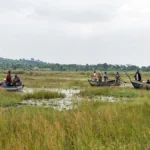
Mabamba Swamp Tour in Uganda
June 5, 2025
Kilimanjaro Safari Experience on Tanzania Safari Tour
June 5, 2025Cultural Encounter in Uganda with Tubale Safaris
Cultural Encounter in Uganda with Tubale Safaris; Uganda is a land where nature’s wonders and rich cultural heritage meet in perfect harmony, making it a top destination for travelers seeking both wildlife adventure and immersive cultural experiences. When planning a wildlife safari or a Gorilla trekking safari in Uganda, a cultural encounter with the diverse tribes adds an enriching dimension that complements the thrill of seeing the rare mountain gorillas and tracking chimpanzees in their natural habitats. This Uganda safari is unique because it goes beyond just animal sightings to provide a profound understanding of the country’s multi-ethnic tapestry, offering visitors a glimpse into the lives, traditions, and histories of the indigenous communities.
A Gorilla trekking safari or a chimpanzee tracking expedition often leads visitors into some of Uganda’s most remote and culturally vibrant regions, making it natural to combine a wildlife adventure with a cultural tour. Uganda’s cultural richness is reflected in its over 56 ethnic communities, grouped into four major linguistic blocks, each with distinctive customs and ways of life. Whether you choose to explore the central regions near Kampala or journey to the far-flung corners near Kidepo Valley or Mount Elgon, Tubale Safaris ensures that your Gorilla tours or Rwanda safari will be complemented by unforgettable cultural experiences. This comprehensive overview explores the dynamic cultural landscapes you can encounter on your Uganda safari, emphasizing how combining culture and wildlife, including Uganda Gorilla trekking or even Gorilla Trekking Rwanda, creates a truly once-in-a-lifetime experience.
Understanding Uganda’s Cultural Diversity
Uganda’s rich cultural mosaic is a product of its historical formation, where British colonialists united over 56 ethnic groups spread across the country’s 240,000 km². These ethnic groups, with unique traditions, languages, and lifestyles, fall broadly into four main linguistic and cultural categories: Bantu, Luo, Atekerin (Nilotic), and Sudanic. Each cluster holds centuries of heritage, and their customs and daily lives offer a fascinating counterpoint to the wildlife safaris that Uganda is famous for.
The Bantu Peoples: Heartland of Uganda
The Bantu ethnic group, making up more than half of Uganda’s population, dominates the central, western, and parts of the eastern regions. Notable among them are the Baganda, Banyoro, Bakiga, Basoga, and Ankole peoples. The Baganda, whose ancient kingdom gave Uganda its name, are especially significant culturally. Visitors on a Uganda safari often start their cultural explorations here, close to Kampala and Entebbe. The Baganda cultural trail is a compelling journey into their kingdom’s traditions, leadership structures, and spiritual beliefs. It provides context on how the Baganda helped shape Uganda’s modern identity, enriching your Gorilla trekking safari experience by connecting you to the country’s roots.
The Luo and Atekerin: Diverse Northern Traditions
The Luo people inhabit the northwest and some northern parts of Uganda, distinguished by their robust cultural identity and language. Meanwhile, the Atekerin people—sometimes referred to as Nilotic—are spread across northern, eastern, and northeastern Uganda. This group includes the Karamajong, Langi, Iteso, Kakwa, and Kumam, whose semi-nomadic pastoralist traditions and agricultural lifestyles differ markedly from the Bantu. Visitors on safaris to places like Kidepo Valley National Park will encounter these communities firsthand, offering an authentic wildlife safari experience steeped in cultural immersion.
The Sudanic Peoples of West Nile
In the far northwest, the Sudanic ethnic groups, including the Lugbara, Madi, Okebu, Bari, and Metu, contribute their own unique cultural colors to Uganda’s tapestry. Although less visited on mainstream safari routes, these groups offer profound insights for travelers seeking off-the-beaten-path cultural experiences. For visitors keen on combining chimpanzee tracking or Gorilla Trekking Rwanda with a cultural tour, West Nile’s communities provide a rich layer of traditional life and storytelling.
Cultural Experiences to Complement Your Wildlife Safari
One of the most compelling reasons to choose Tubale Safaris for your Uganda safari is the expert ability to blend the best of wildlife viewing—like gorilla habituation experience and chimpanzee tracking—with authentic cultural encounters. Every itinerary can be tailored to include visits to key cultural sites, giving travelers a deeper understanding of Uganda’s people and heritage.
The Baganda Kingdom Trail: Gateway to Uganda’s Cultural Heart
Starting your journey in central Uganda, the Baganda Kingdom trail offers a profound cultural immersion. Visitors can explore the traditional palace of the Kabaka (king), attend cultural performances, and learn about the Baganda’s rich folklore and history. This experience sets the stage for your gorilla trekking safari, providing valuable context on the country’s socio-political history and the role traditional kingdoms have played in conservation and tourism development. Many travelers find that their appreciation for Uganda Gorilla trekking intensifies after understanding the indigenous communities’ ties to the land and wildlife.
Cultural Festivals and Traditions at Mount Elgon
Eastern Uganda’s Mount Elgon National Park is not just a haven for nature lovers but also a vibrant cultural hub. The Gishu community inhabiting the area is known for the spectacular Imbalu ceremony—an ancient rite of passage involving circumcision of teenage boys. This ritual symbolizes a transition to manhood and is an extraordinary cultural event that visitors can observe and participate in respectfully. Alongside this, the Sabiny community, renowned for the Sipi Widows dance, provides an emotionally powerful and colorful spectacle. Tourists also have the opportunity to tour coffee plantations, witnessing traditional coffee growing, harvesting, and processing—offering a multi-sensory cultural experience that beautifully complements the gorilla trekking safari.
Kidepo Valley: Nomadic Warriors and Remote Traditions
Northern Uganda’s Kidepo Valley National Park is famous not only for its wildlife but also for its intriguing cultural encounters. The Karamojong people, semi-nomadic pastoralists and fierce warriors, offer travelers a glimpse into a traditional African lifestyle seldom seen elsewhere. Their unique housing structures, called manyata, and their intricate beadwork, traditional weapons, and dance rituals provide a rich cultural tapestry for visitors. Trekking to visit the IK people, original inhabitants of the Morungole Mountains, offers another exceptional cultural adventure. This trek, often combined with a wildlife safari or chimpanzee tracking, offers travelers a holistic view of Uganda’s cultural and natural heritage.
The Batwa Pygmies: The Forest’s First People
No cultural encounter in Uganda would be complete without meeting the Batwa Pygmies of the Bwindi Impenetrable Forest region. As original forest dwellers and guardians of the mountain gorillas’ habitat, the Batwa provide critical insights into forest conservation and traditional forest lifestyles. Engaging with the Batwa community enhances any gorilla trekking safari by providing historical and cultural context to your wildlife experience, making your trip truly transformative.
Combining Uganda Gorilla Trekking With Cultural Experiences
For travelers booking a gorilla trekking safari, Uganda offers an exceptional opportunity to enrich the adventure with cultural visits. The synergy between the awe-inspiring wildlife encounters and the vibrant cultural heritage creates a multifaceted journey that satisfies both nature enthusiasts and cultural explorers.
How Cultural Encounters Enhance Gorilla Trekking Safaris
The essence of a Gorilla trekking safari goes beyond the thrilling sight of gorillas in their natural habitat; it also involves understanding the human dimensions of conservation. Many local communities around Bwindi and Mgahinga Gorilla National Parks are actively involved in protecting these endangered primates. Learning about their traditional ways, conservation efforts, and daily lives adds layers of meaning to the gorilla habituation experience. Cultural tours in nearby villages allow tourists to participate in traditional dance, crafts, and even cuisine, providing memorable moments that deepen the safari experience.
Combining Rwanda Gorilla Trekking With Ugandan Culture
For those interested in a combined Rwanda safari and Uganda Gorilla trekking adventure, the cultural journey becomes even richer. Rwanda’s own cultural heritage, from the capital Kigali’s museums to traditional dances and crafts, pairs beautifully with Uganda’s diverse tribal encounters. Tubale Safaris expertly crafts itineraries that allow visitors to enjoy the best of both worlds: thrilling gorilla trekking Rwanda and immersive Ugandan cultural tours, ensuring a comprehensive East African safari.
Planning Your Cultural and Wildlife Safari With Tubale Safaris
Organizing a safari that combines both wildlife thrills and cultural experiences requires expert guidance and planning. Tubale Safaris specializes in creating tailored safaris that balance adventure with cultural enrichment, ensuring families, solo travelers, and groups get the most from their time in Uganda and Rwanda.
Family-Friendly Cultural Safari Adventures
For families, the combination of cultural encounters and wildlife safaris is perfect for educating young minds and inspiring a lifelong passion for nature and humanity. The gentle pacing of cultural visits, such as the Baganda Kingdom trail or coffee tours near Mount Elgon, paired with exciting chimpanzee tracking and gorilla trekking safaris, ensures children remain engaged without fatigue.
Essential Tips for Your Cultural Safari
To maximize your experience, Tubale Safaris recommends allotting at least one to two weeks to enjoy a well-rounded Uganda safari that includes both wildlife and cultural activities. Planning routes that minimize travel time between attractions gives you more opportunity to savor each unique encounter. Selecting age-appropriate activities, especially for younger travelers, enhances enjoyment and learning.

